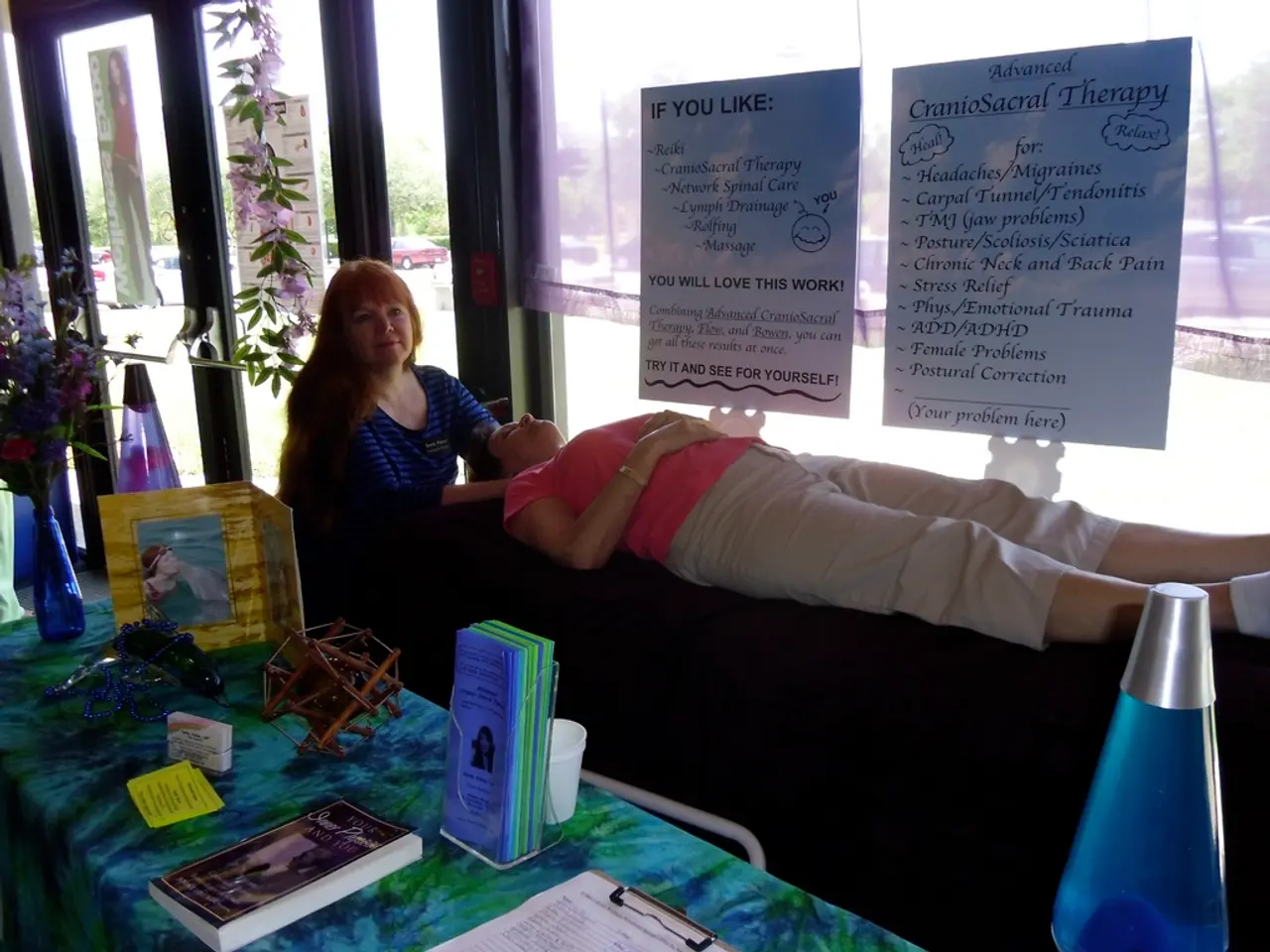Exploring Depression Triggered by Circumstances: Root Causes, Recognizable Signs, and Available Remedies
In the complex landscape of mental health, situational depression stands as a distinct form of depression, often arising from significant life events or stressors. Unlike clinical depression, which can be influenced by various factors including genetics and personality traits, situational depression is typically triggered by specific circumstances such as job loss, divorce, or serious illness [1][3].
Recognising the key differences between the two is crucial for effective diagnosis and treatment. While situational depression symptoms are usually short-term, they can persist for six months or more and evolve into clinical depression if left untreated [5]. Individuals with past traumatic experiences or biological vulnerabilities are at a higher risk of developing situational depression [1].
When it comes to treatment, early intervention is key. The treatment approach for situational depression is typically short-term and focused on helping individuals cope with the triggering event. Psychotherapy, such as cognitive behavioral therapy (CBT) and stress management techniques, are effective in managing symptoms [5]. Lifestyle changes, including regular exercise, maintaining a healthy diet, and practicing stress-reduction techniques, can also provide significant relief [5]. In some cases, medication may be prescribed if symptoms are severe [5].
Engaging in social activities and maintaining connections with others can also aid in managing situational depression. Building resilience to life stressors is key, which involves cultivating a positive outlook, developing problem-solving skills, setting realistic goals, and learning from past experiences [6].
It's essential to know when and how to seek professional help. If symptoms persist or worsen, or if they significantly impact daily functioning, it's crucial to consult with a mental health professional. The diagnostic process for situational depression involves a comprehensive evaluation, including a detailed medical and psychiatric history, a physical examination, psychological assessments and questionnaires, interviews with the patient and possibly family members [4].
Common symptoms of situational depression include persistent sadness or low mood, loss of interest in previously enjoyed activities, changes in appetite or weight, sleep disturbances, fatigue or loss of energy, difficulty concentrating, feelings of hopelessness or worthlessness, and social withdrawal [6].
Remember, understanding and managing situational depression is about taking control of your mental health. By being aware of the signs, seeking help when needed, and making positive lifestyle changes, you can navigate life's stressors with resilience and confidence.
[1] American Psychological Association. (2021). What is situational depression? Retrieved from https://www.apa.org/topics/depression/situational [2] National Institute of Mental Health. (2021). Major Depression. Retrieved from https://www.nimh.nih.gov/health/topics/major-depression/index.shtml [3] Mayo Clinic. (2021). Depression (major depressive disorder). Retrieved from https://www.mayoclinic.org/diseases-conditions/depression/symptoms-causes/syc-20356006 [4] National Institute of Mental Health. (2021). Diagnostic criteria for major depressive disorder. Retrieved from https://www.nimh.nih.gov/health/statistics/major-depressive-disorder-mdd/diagnostic-criteria.shtml [5] National Health Service (NHS). (2021). Depression: Treatment and self-help. Retrieved from https://www.nhs.uk/mental-health/conditions/depression/treatment-and-self-help/ [6] HelpGuide.org. (2021). Depression symptoms: When to worry. Retrieved from https://www.helpguide.org/articles/depression/depression-symptoms-when-to-worry.htm
- Recognizing the differences between clinical depression and situational depression is vital for accurate diagnosis and effective treatment, as the latter is often triggered by specific circumstances and can persist for an extended period if left untreated.
- In the treatment of situational depression, psychotherapy, such as cognitive behavioral therapy (CBT) and stress management techniques, can be effective in managing symptoms.
- Engaging in social activities and maintaining connections with others can aid in managing situational depression, as building resilience to life stressors is key.
- If symptoms of situational depression persist or worsen, or if they significantly impact daily functioning, it's crucial to consult with a mental health professional for a comprehensive evaluation and potential treatment.




